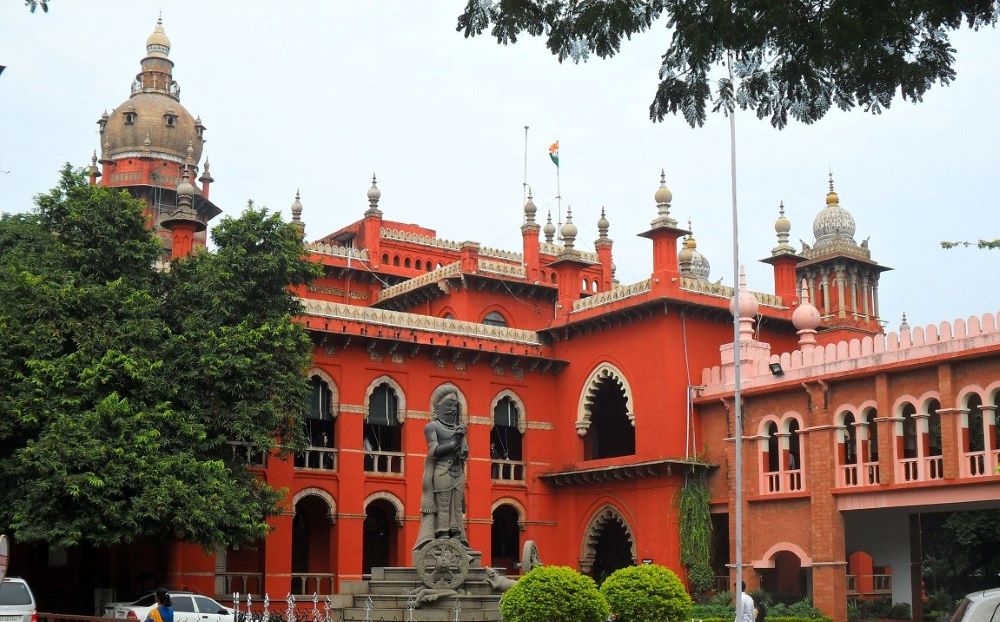Queency Jain –
Observing the threat of child pornography, the Madras High Court stated that the threat of child pornography can only be tackled by inculcation moral values and thereby granted anticipatory bail to an accused of watching child pornography online.
Justice G.S. Swaminathan observed that there is a difference between one-time consumer and a person who displays or distributes such content online.
Swaminathan further observed that once an individual chooses to step into a digital space, he is in complete surveillance of either the State or the social networking sites and hence cannot claim Right to Privacy on online platforms.
Stating Section 43 of the POSCO Act, the Court observed that even though the Governments are liable to create awareness about the provisions of the statutes, it cannot work alone to tackle the situation of child pornography and it is only the Bharatiya Culture that can act as an bulwark.
The observations were made after an accused of watching child pornography shared a video with his friend on Facebook messenger and appeared for an anticipatory bail after he was booked of offences under Section 15(1) of Protection of Children From Sexual Offences Act, 2012 and Section 67 B of the Information Technology Act, 2000.
After the Court was informed that the accused has cooperated in all possible manner, he was granted anticipatory bail thereby an order to appear before the Police and submit his mobile phone along with the sim card.
Lastly, the Court observed that even though there is no provision prohibiting the acts of watching pornography online, it does comes outside the circle of freedom of speech and expression and Right to privacy.

